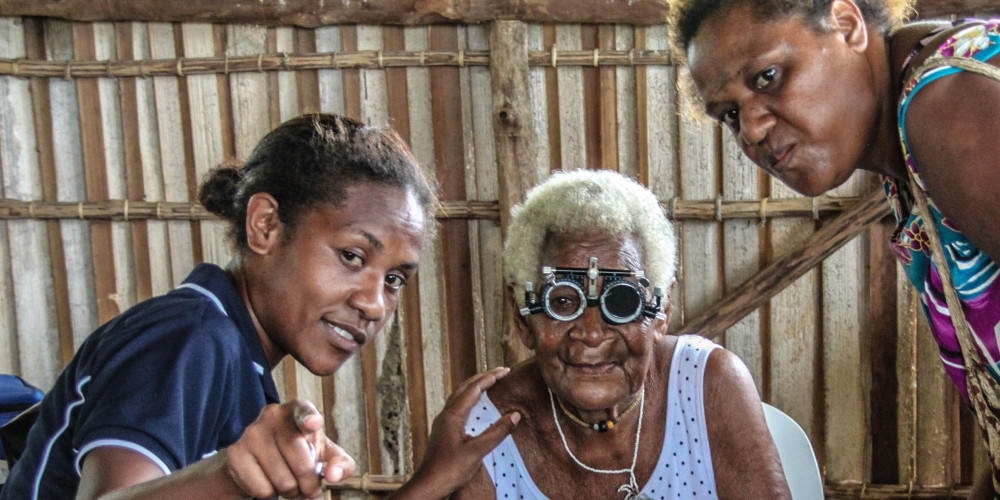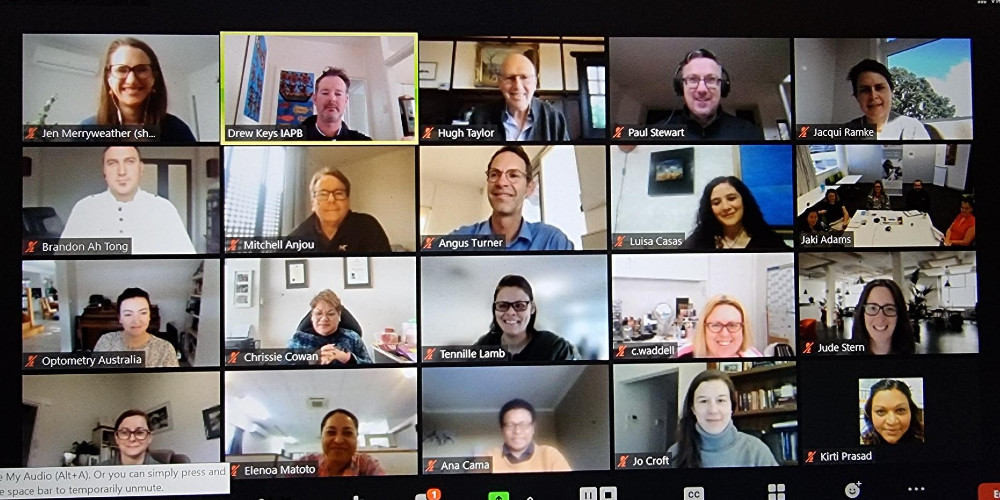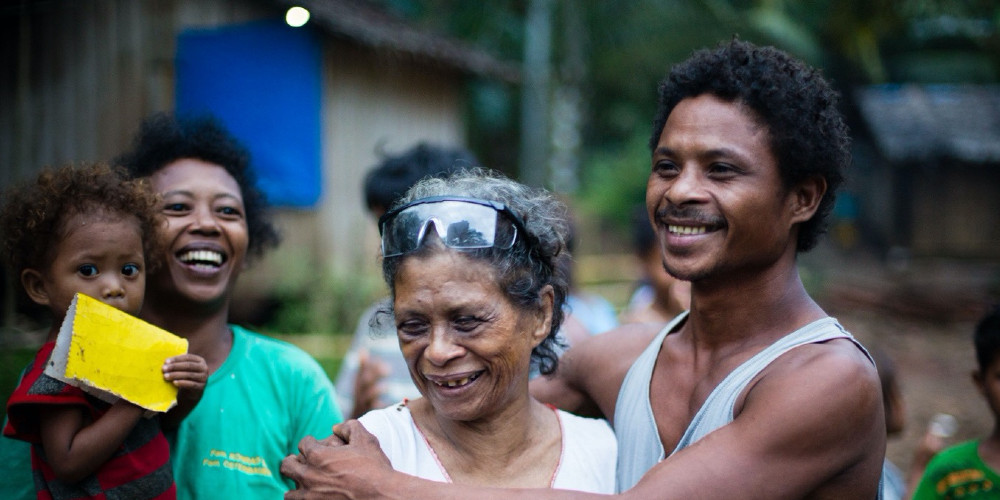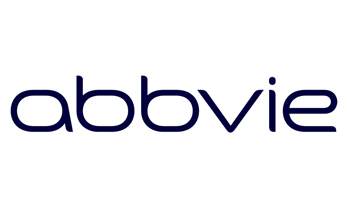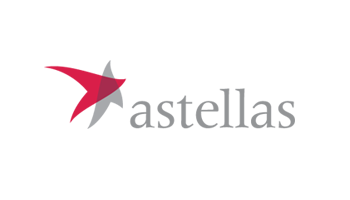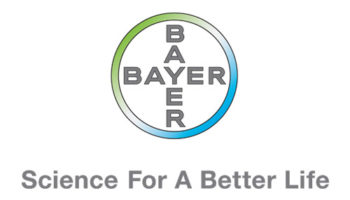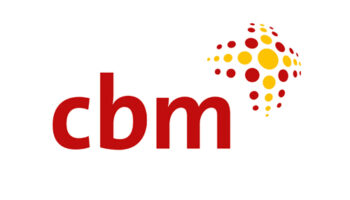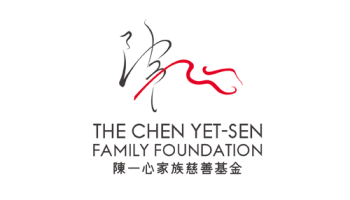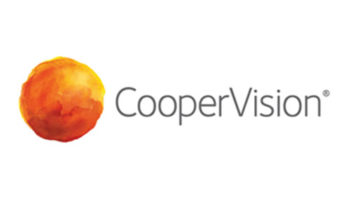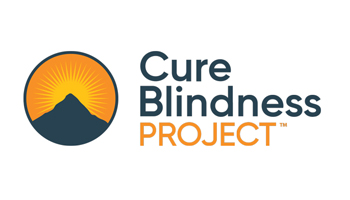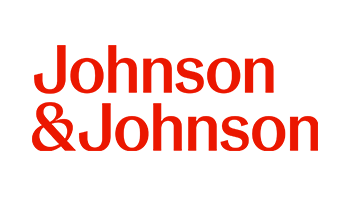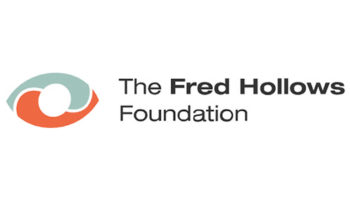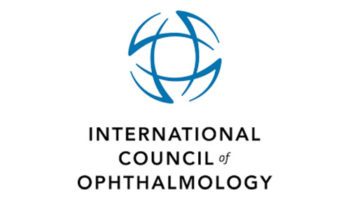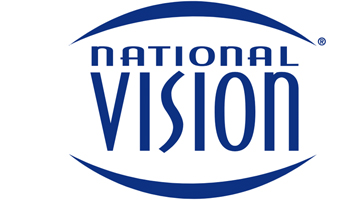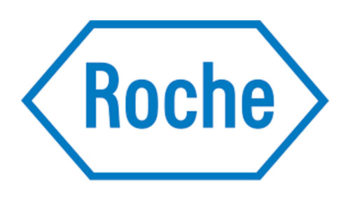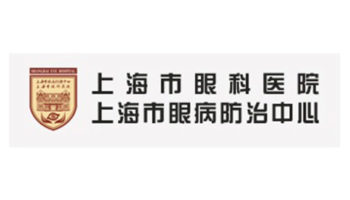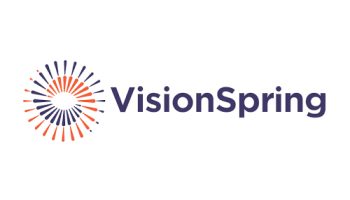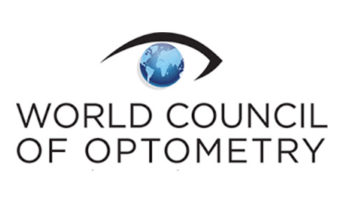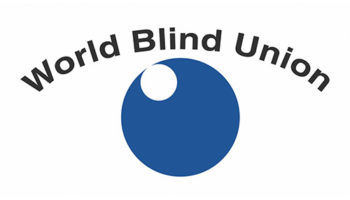About the IAPB First Nations Special Interest Group
We have limited knowledge and understanding of the prevalence and causes of impairment and blindness for Indigenous Peoples, and even less understanding of how Indigeneity and key social determinants intersect with, and impact on, eye health.
The IAPB First Nations Special Interest Group will champion the eye health care needs of First Nations/Indigenous Peoples globally through establishing a network of First Nations/Indigenous Peoples for the purpose of connecting globally and sharing of knowledge, research and evidence on best practice.
Inequality in eye health amongst Indigenous Peoples globally
We know that there is evidence of substantial inequality in the prevalence of vision impairment and avoidable blindness amongst Indigenous Peoples globally, and we also know that this is underreported and under-measured. More information can be found in the Lancet-Lowitja Institute Global Collaboration on Indigenous and Tribal Peoples’ Health and by Foreman et al, 2018.
Further, First Nations / Indigenous Peoples continue to be excluded from the processes and decisions that are about them and that will directly affect them in eye health and all areas of wellbeing. However, evidence clearly shows that health outcomes are significantly improved when First Nations/Indigenous Peoples are involved in all stages of designing and delivering health care, from high level policy to the local delivery of services.
Why is this group needed?
A focus on Indigenous Peoples in eye health globally is critical.
Indigenous ways of being, knowing and doing must be the driving force in addressing inequality in eye health experienced for First Nations/Indigenous Peoples across the world. The launch of this First Nations/Indigenous led special interest group is a small but critical step in support of First Nation’s/Indigenous self-determination and ownership of their eye health care.
This year’s theme for the Day of the World’s Indigenous Peoples is The Role of Indigenous Women in the Preservation and Transmission of Traditional Knowledge. Right now we are presented with an opportunity to show that a new social contract is possible by combatting the legacy of exclusion and marginalization affecting Indigenous Peoples by allowing space for First Nations/Indigenous Peoples to be the leaders in their own eye health care.
The group will also be able to link into other global mechanisms, including IAPB working groups and Council, and leverage the potential afforded by global platforms, such as under the World Health Organisation and other UN bodies, to highlight inequity and barriers for First Nations/Indigenous Peoples’ eye health and successful measures in overcoming them. Recently, the UN General Assembly formally adopted the first resolution focused on eye health, that also recognized Indigenous Peoples and the need to ensure vision for everyone to accelerate action towards the SDGs, providing a future mechanism to work through.
Select the following tabs for more information about the First Nations Special Interest Group.



